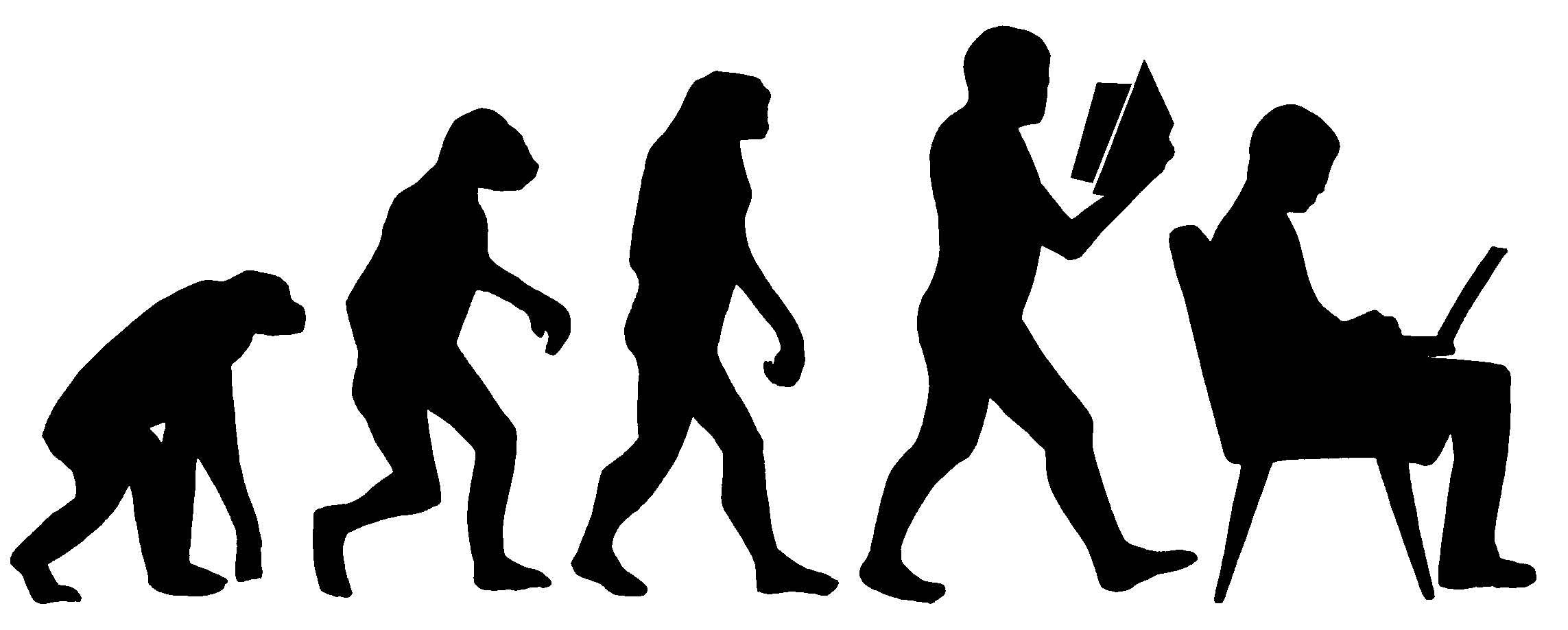7 useless body parts we no longer need
From mens' nipples to wisdom teeth - here are seven body parts you really don't need

It’s taken six million years for humans to evolve from our ancestors to where we are today.
Unsurprisingly, our physiology has also changed - but not always for the better.
In fact, there are several body parts that were once very useful, but have since lost become all but redundant.
Tailbone
Humans no longer need tails. We’re perfectly good at balancing without them. However, most mammals will have a tail at some point in their lives, even if they lose it by the time they leave the womb. Between weeks five to eight after conception, human embryos seem to develop what looks like a tail forming in the womb but, by the time they are born, it has been absorbed into the vertebrae.
Male nipples
Essentially, men only have nipples because they could have been female.
Males and females develop in exactly the same way for the first 60 days in the womb. For those with a Y chromosome testosterone will then kick in, which will cause male sex organs to develop instead of female ones.
By this point, though, you’re already going to get nipples. But because having nipples doesn’t actually do any harm, they have never been weeded out by natural selection - and so pretty much everyone still has them.
Wisdom teeth
Human jaws have got smaller over time, and as a result we can’t fit our wisdom teeth in.
In fact, many of us can’t fit most of our teeth in. About 1 in 5 people are affected by ‘dental crowding’, so we definitely don’t need to start growing extra teeth in adulthood.
Most scientists agree that our jaws have got smaller because we eat differently – we no longer have to chew through raw vegetables and tough meat.
Some scientists also think our improved dental hygiene has something to do with it. Historically, we didn’t take care of our teeth as much as we do now which meant that we were likely to lose them, and therefore make room for wisdom teeth to grow in.
Goosebumps
Our ancestors posessed a lot more body hair and goosebumps gave them the appearance of being bigger, which it is thought could have helped us scare predators away (think of an angry or scared cat) . This is why we get goosebumps when we’re scared. We also get them when we’re cold, because puffing up our fur would once have helped us to keep warm. Nowadays, they are pretty much useless goosebumps.
A third eyelid
At the very corner of your eye, next to your nose, there’s a little flap of skin that doesn’t really need to be there. This is called the plica semilunaris, or the nictitating membrane. Birds and reptiles have these extra translucent eyelids which they can put across their eyes for protection or moisture while still being able to see.
Grasp reflex
If you put something in a baby’s hand it will grab on to it. When we had more hair, this meant babies could hold onto hair without falling off (like monkeys do). This meant the mother could go about her daily business and have both hands free.
Ears (well, specific parts of them)
Clearly, ears are pretty useful, but there are lots of parts of our ears that we don’t need. There are a group of muscles called auriculares, which allow us to move our ears around. Unlike some animals like monkeys and cats that need to move their ears around in order to hear well enough, we tend to function just fine with what we can hear with our ears where they are. Most of the time we don't use these muscles at all - some people can wiggle their ears, but it doesn't help them hear much better.
For our ancesters, this was presumably not the case and we used to need muscles to help us angle our ears to improve our hearing.
Watch YouTubers Greg and Mitch from ASAP Thought talk about the list in the video above compiled a list of seven of these useless body parts.
Join our commenting forum
Join thought-provoking conversations, follow other Independent readers and see their replies
Comments
Bookmark popover
Removed from bookmarks